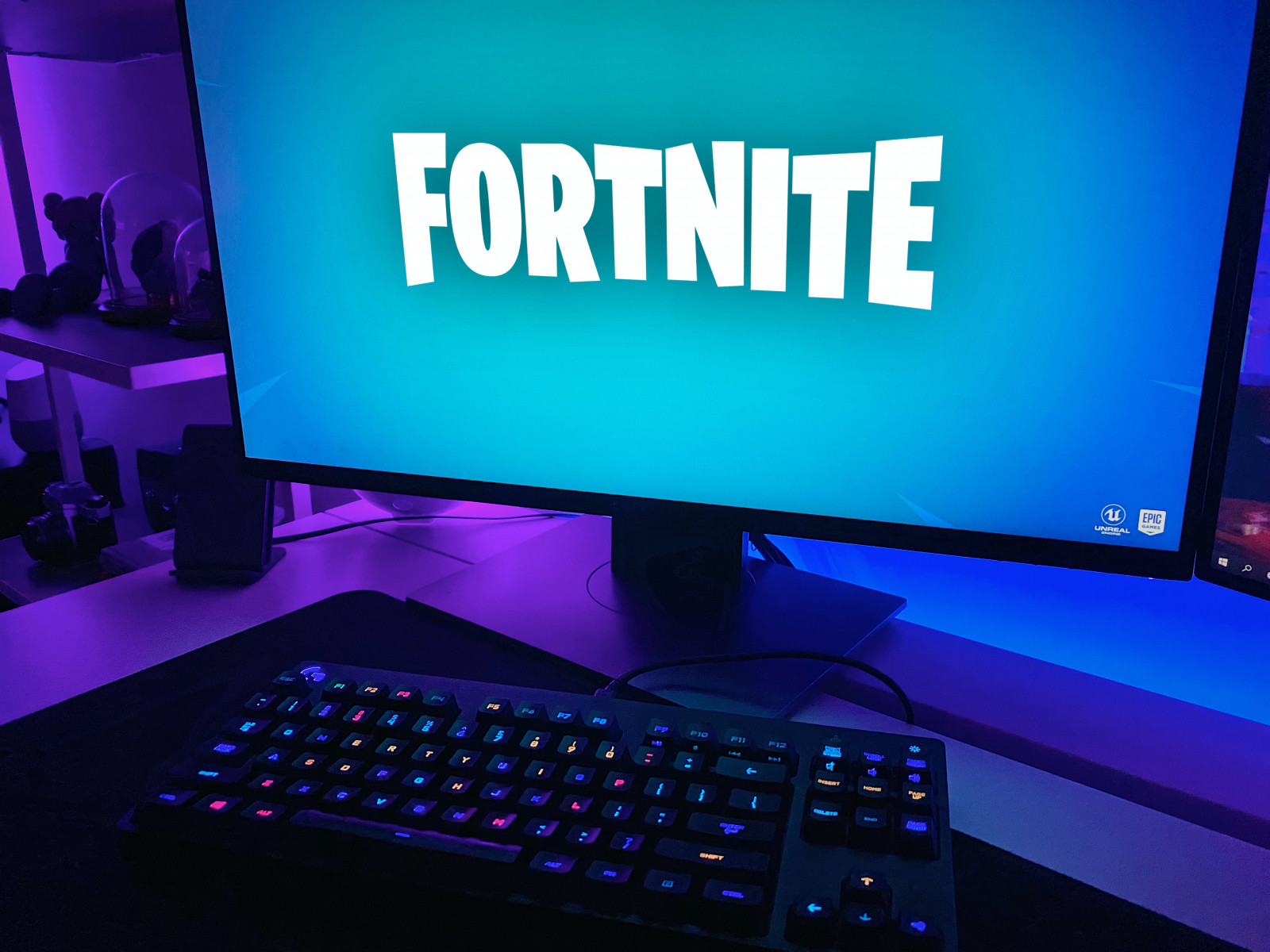The music industry’s gaming experience is growing beyond traditional sync and licensing

Photo: Vlad Gorshkov

The pandemic didn’t give rise to live streaming concerts. However, it played a key role in their rapid adoption over the last 18 months. Virtual events were kickstarted with 327 million streams of online concerts in 2020 with 9% of those viewers regularly viewing live concerts.
To begin with, music fans and many artists thought that virtual/digital events were a temporary placeholder before IRL returns. Recent in-game events, however, demonstrate the enormous additional value that an interactive experience can provide to both the Games and Music industries. Much of this would not have been possible in real life. The potential for virtual events is extending, rather than replacing their value. Digital interactive events are here to stay.
A step into the future of the games and music intersection: Ariana Grande x Fortnite
Fortnite has been at the forefront of creating exceptional live streaming concerts in the gaming universe in the past, with Travis Scott and Marshmello. Ariana Grande’s recent live concert only hinted at how far Epic Games can go with creating an innovative music experience in the games universe.
Instead of just flying around with superstars in the game, Ariana Grande’s concert involved many mini-games. This led to an immersive experience that was different from any previous live-streamed concert. More than being just a live gig, the show turned into a soundtrack for an interactive mini-gaming experience curated by Ariana. Gamers had to shoot monsters covered in crystals to earn points to take them up the leader board. This was all done in a world that was created with the colour schemes and aesthetics from Ariana’s latest albums. In a world where social gaming is growing rapidly, the concert allowed players to help others, and to be helped themselves, creating a sense of togetherness within the concert. While IRL concerts certainly generate a sense of community, they are more about an individual sharing an experience with the crowd, rather than with all other individuals (other than those that are physically seated/standing next to the attendee.) In the virtual events world, all of the above is possible, meaning that a much wider spectrum of consumer preferences can be satisfied in one event. This is a new way in which gaming and interactive events are taking shared entertainment experiences to the next level.
Featured Report
Streaming strongholds High-potential markets for global music players
While the balance of music streamers continues to tip towards global south markets, their smaller ARPU rates limit their revenues. Meanwhile, periodic price-rises and the advent of supremium will reinforce the contributions from the West. This report highlights streaming strongholds, those markets which, underscored by high music engagement and his...
Find out more…Additionally, Ariana’s character in the concert came with a companion - her popular pet Piggy Smallz (over 350k Instagram followers). For the first time, Piggy was introduced into Ariana’s musical world, instead of just being a character in her social media life. Virtual concerts made it possible. About halfway through the event, the open notes of ‘The Way’ began as the Fortnite version of Grande ascended a giant staircase into the sky. This highlighted her tribute to the late Mac Miller, who also featured in the song. Being able to seamlessly combine real icons and emotions from the artist into the game made the event much more personal, for both new fans and old.
While the concert was only available for a limited time, creating a sense of scarcity, it allowed fans to compete, help each other and explore a massive universe within the never-ending world of Fortnite, inviting fans to make most of the concert for as long as they could. The entire experience felt like surfing through Ariana Grande’s personal universe.
Interactive virtual concerts are here to stay
Ariana Grande’s Fortnite live stream was a step into a world of possibilities. To have such an engaging experience would never be possible IRL. As live venues begin to re-open, traditional live streams may begin to lose value – where what consumers can see on their screen is what they can experience in real time. The only additional value from one-dimensional (non-interactive) digital events will be in their potential for global reach. However, interactive digital experiences will be the new differentiator. They are an opportunity for artists to create their own digital universe and bring their fans right into their own mindset. Such concerts allow a strong digital intimacy and new personalised events - a true way for music to re-invent fandom creation and generate positive sentiment towards the artists, in an era of streaming algorithms which makes their names harder to remember than ever.
Creating interactive experiences that put the artist front and centre will play a significant role in building and monetising fandom for years to come. It is time for music companies to establish new artist and commercial formats to find ways of developing cross-entertainment fandom.

The discussion around this post has not yet got started, be the first to add an opinion.